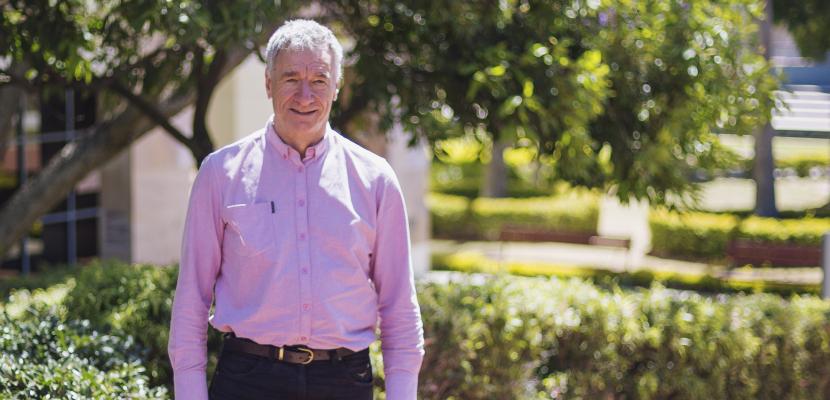
We need surveillance of antibiotic resistance rates in the community to set targets to enable Australian GPs to reduce their antibiotic prescribing rates, say the authors of a narrative review published in the Medical Journal of Australia.
According to the authors, led by Professor Chris Del Mar, Professor of Public Health at Bond University’s Centre for Research in Evidence-Based Practice (CREBP), about 1600 people in Australia die directly from antibiotic resistance annually.
“This will get steadily worse until, in 2050, deaths from currently treatable infections will overtake all cancer deaths,” they wrote.
The second consequence of the antibiotic resistance crisis is the risk that antibiotic resistance will pose to now routine high-technology medical care: without reliable antibiotic prophylaxis, procedures such as chemotherapy, bone marrow transplant, much major surgery (such as joint replacement) and invasive diagnostic procedures (eg, cardiac catheterisation) will become too dangerous to perform.
GPs contribute to most of the antibiotic tonnage consumed by humans in Australia, most often for acute respiratory infections (ARIs), say the Authors.
Reasons why GPs prescribe so many antibiotics include:
- safety: it is difficult to separate apparently innocuous ARIs from the early stages of very serious infections
- the doctor–patient relationship; GPs value this, and worry that not prescribing antibiotics threatens this relationship
- time: GPs perceive that it is quicker to finish a consultation for ARI with an antibiotic prescription; and
- misperceptions about effectiveness of antibiotics: GPs over-inflate the benefits of medical treatments generally.
They suggest three items for surveillance and setting targets:
- the background level of antibiotic resistance in the community, using sentinel general practices to systematically sample infections or even uninfected attending patients
- rates of total antibiotic prescribing by GPs; and
- patient safety indicators, (serious infections admitted to hospital which might have been averted by earlier use of antibiotics).
There are three approaches to supporting GPs reduce their antibiotic prescribing, according to the authors:
- regulatory interventions, (such as having electronic health records default to “no repeats”; restricting access to several antibiotics earmarked for special conservation, via the Authority Prescribing System; and the prescription of guideline-appropriate quantities
- externally administered interventions, (such as audit and feedback to clinicians about their prescribing habits; academic detailing including education of prescribers); and
- activities that GPs can choose to implement themselves, (including delayed prescribing, shared decision making, “nudge” techniques, voluntary audit and feedback, and highlighting non-antibiotic symptom treatment).
Near-patient diagnostic testing is another way of removing diagnostic uncertainty, but it would be likely to increase the cost of GP consultations.
“The Medical Research Future Fund has prioritised an initial $5.9 million to support antimicrobial resistance research, although what proportion of this fund will focus on reducing antibiotic use in the community remains to be seen.
Strategies in Australia will require appropriate resources and implementation support for employing multiple modalities and a commitment for a sustained effort,” the authors concluded.

